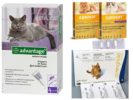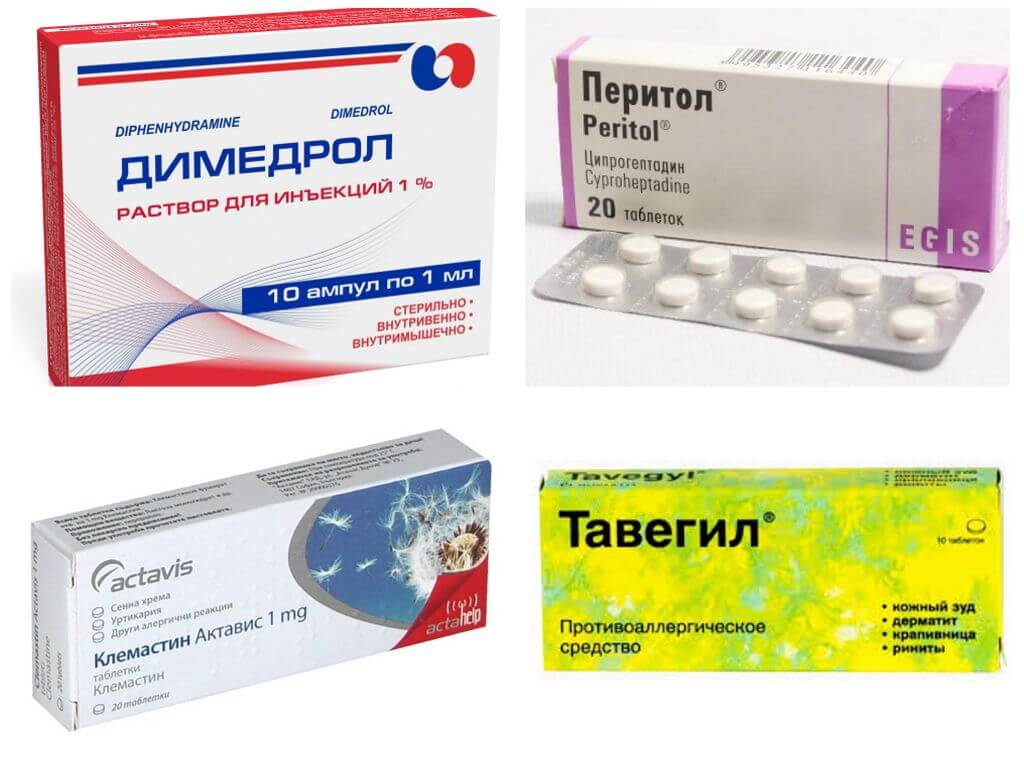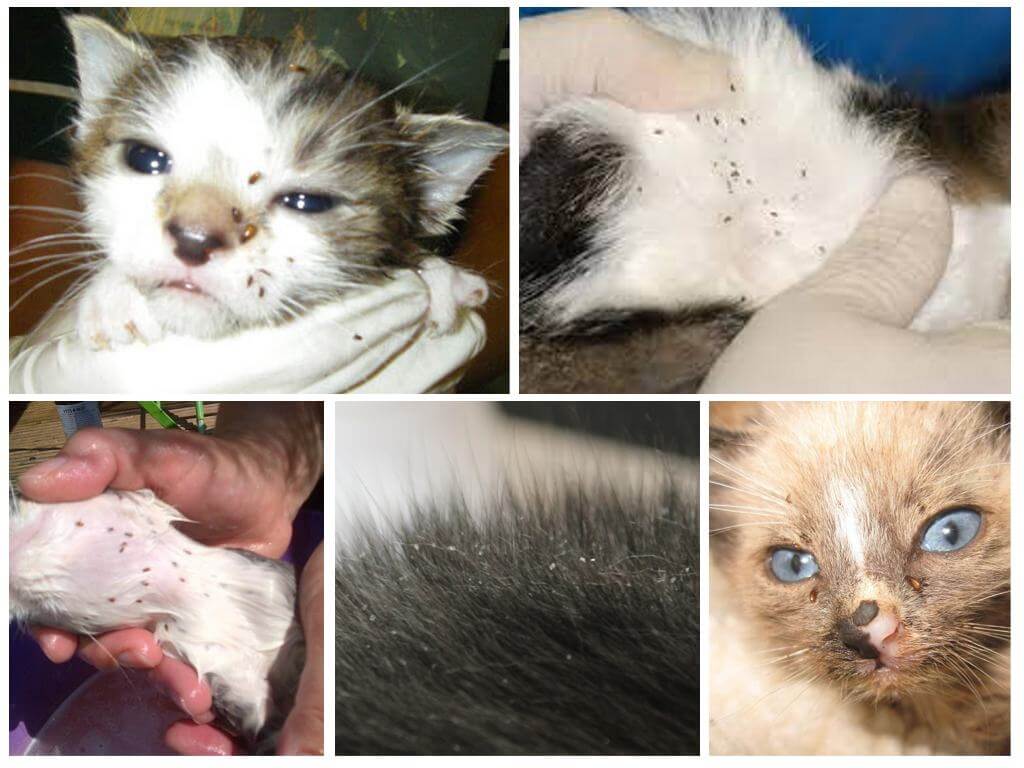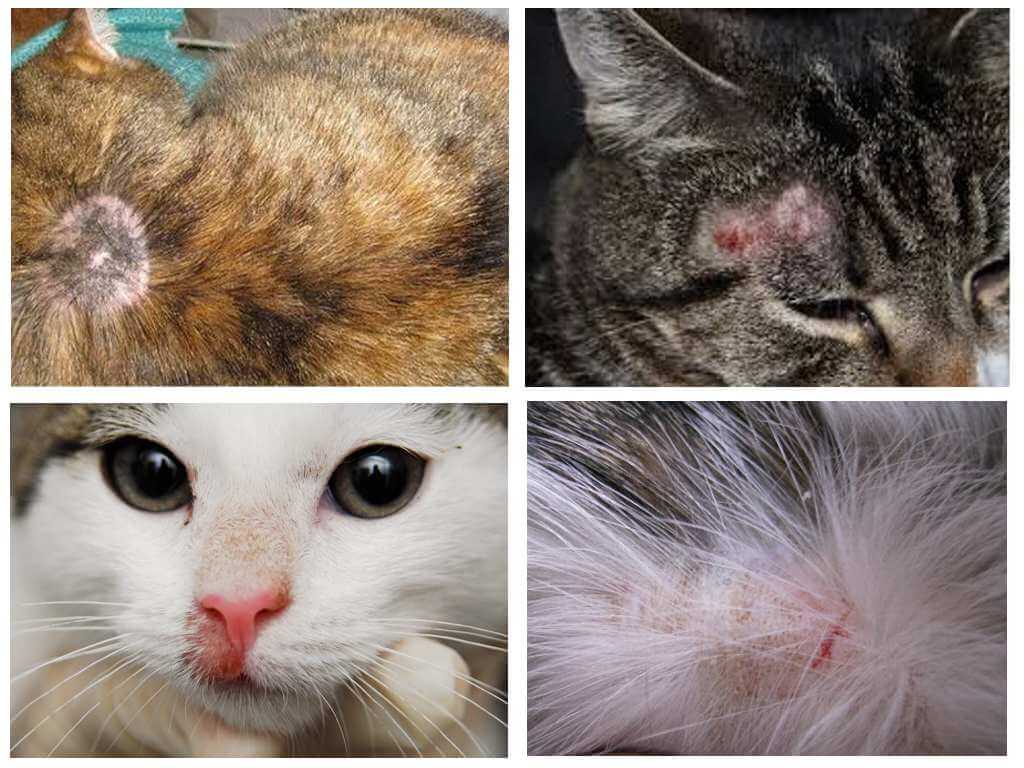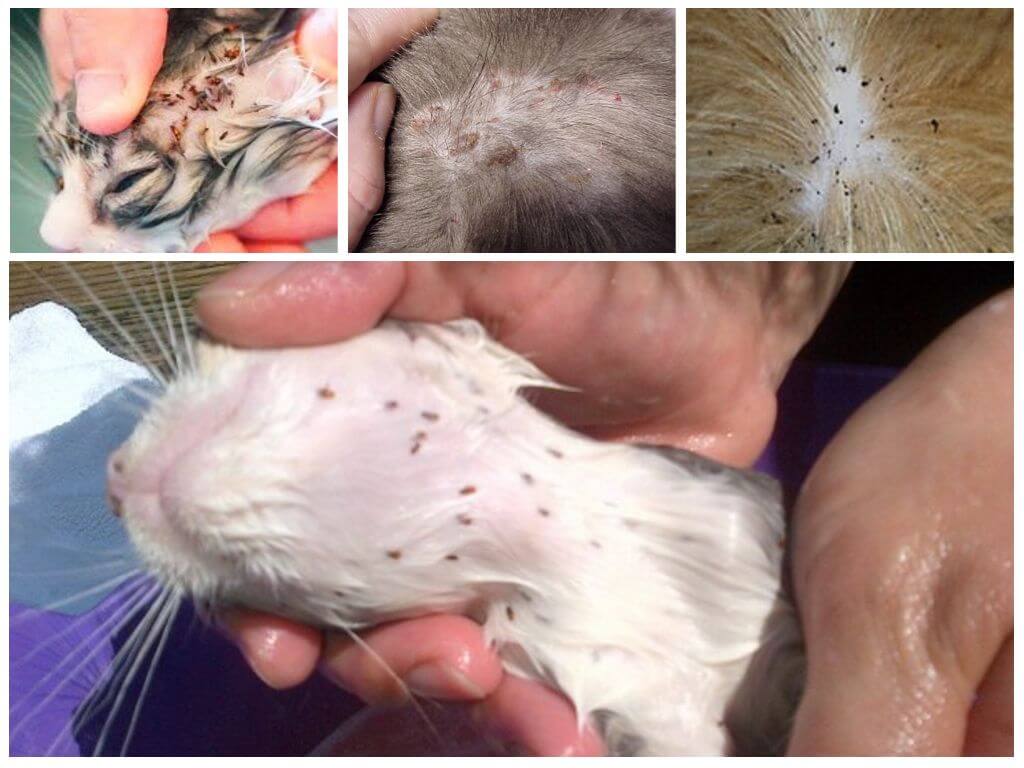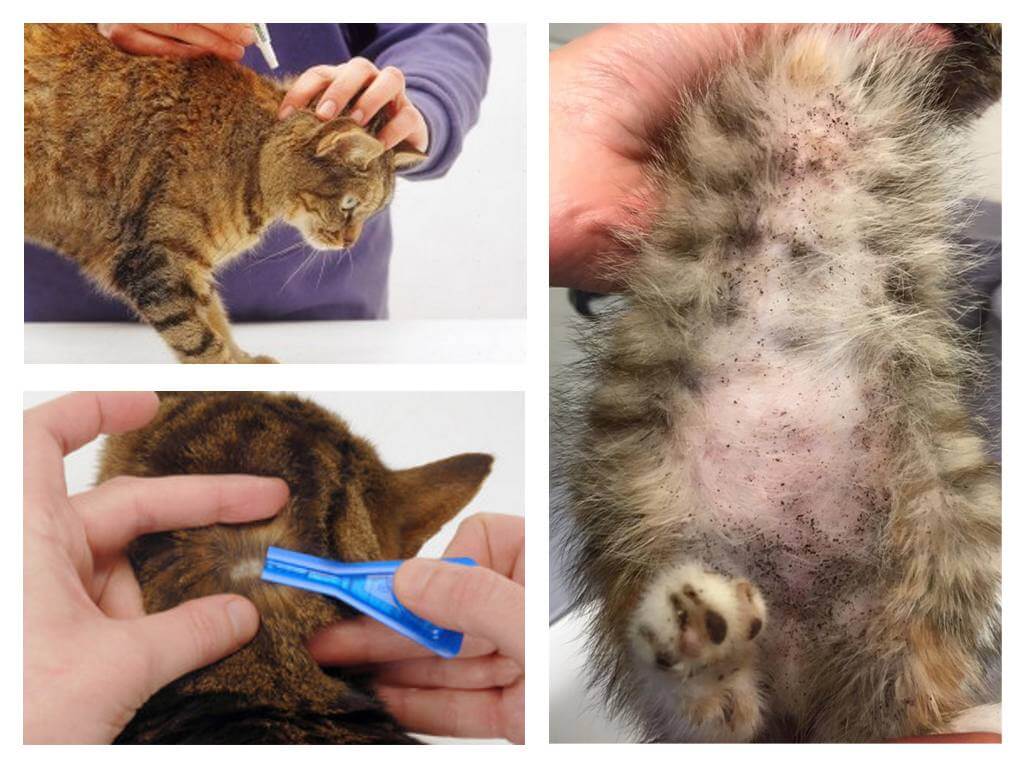- Flea drops
- Antihistamines
The most common reason a cat can start itching is because the appearance of her fleas. She begins to behave uneasily, combing her neck and near her ears. Each caring owner wants to establish the cause of anxiety of his murka, because in addition to small insects, itching can provoke allergies, otitis media, fungus, parasites. Found small black dots, no doubt remains - these are fleas. One of the popular means are anti-flea drops. But sometimes the cat itches after drops from fleas. The owner asks a lot of questions: the drops did not help, she is allergic, is it worth buying additional funds, the fleas are not visible, and the pet is still combing his neck, why? There are a lot of questions, it is necessary to consider the most common causes of itching in cats.
Itching after using flea drops
On the paws of cats, there are very sharp claws, which, with long combing, she pulls out pieces of hair and injures the skin. An open wound becomes a window for a different infection that enters the bloodstream, increases inflammation, and sometimes leads to suppuration of the wound. Pruritus is the first symptom of an illness that needs to be fixed as soon as possible.
When a cat has long or thick hair, it is very difficult to detect fleas or small nits. At first, the owner does not pay attention to the occasional scratching of the animal, but over time, it begins to itch more and more violently, becomes restless, and upon careful examination you will notice small nits or fleas quickly running around the neck.
Very popular drops on the withers of fleas. They are easy to use, it is enough to spread the hair at the withers, apply a small amount of the product and after a day the fleas will disappear. After application, they are absorbed, spreading through the sebaceous glands. A flea dies after direct contact. The most effective remedies:
- Lawyer;
- Stronghold;
- Adventage;
- Inspector;
- Leopard;
- 4 with a ponytail;
- Front line;
- Delix;
- Rolf Club 3D;
- Barrier;
- Dana Ultra Neo;
- Helmintal;
- Celandine.
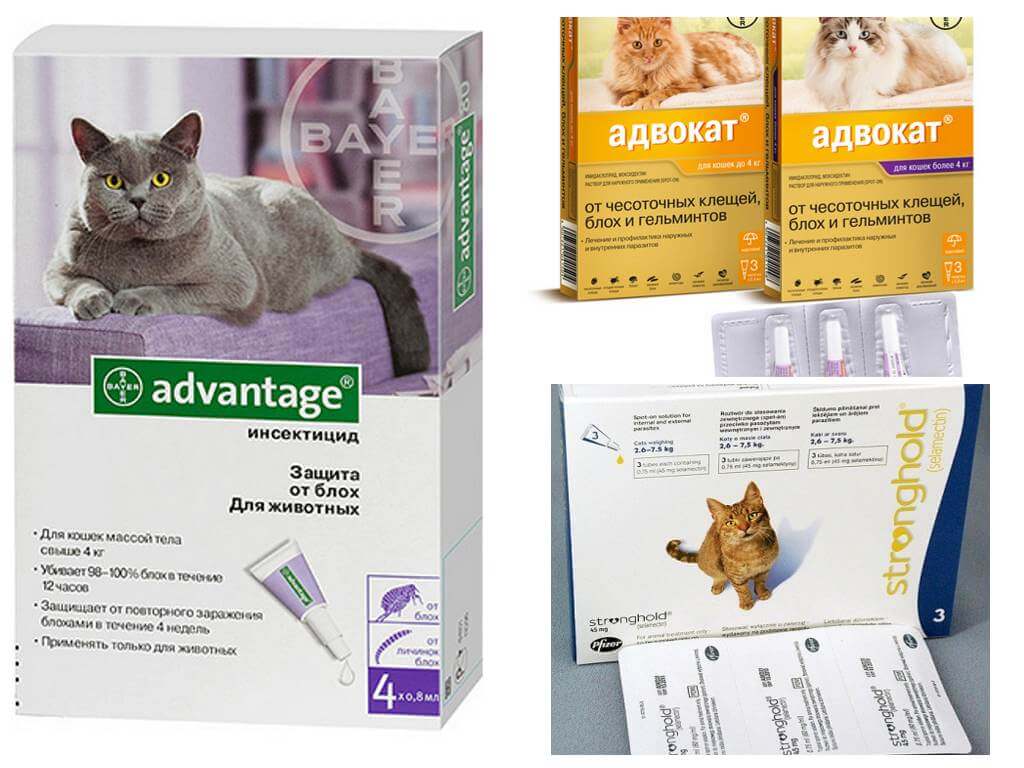
Valid for a month.
Sometimes the owners complain that the cat itches from drops from fleas. The main causes of itching in cats after drops:
- stress that the kitten gets after treatment;
- extraneous smell coming from the drops, because cats are especially sensitive to them;
- allergy to the main active substance;
- fleas become more aggressive, begin to bite an animal more actively.
From this we can conclude that after you have treated a cat for fleas, it can begin to itch due to psychogenic factors or allergies.
Before processing, carefully read the instructions, observe the recommended dosage. How to handle the animal:
- If the cat is not very afraid of water, it is recommended to bathe the animal in order to wash off part of the nits.
- Allow the coat to dry, spread it at the withers and drip the preparation.
- Gently rub into skin if necessary.
- You can not comb, bathe for three days.
If, after drops from fleas, the kitten is itchy, it is necessary to give it an antihistamine:
- Diphenhydramine or a modern analogue - diphenhydramine. The latter is available in ampoules of 25 or 50 mg. The dosage is selected by the doctor and ranges from 1 to 4 mg per 1 kg of animal. It does not mix with food and is taken 2-3 times a day.
- Hydroxyzine. It also has a sedative effect, a mild drug that is not addictive.
- Clemastine, tavegil - 0.5 tablets twice a day at regular intervals
- Chlorpheniramine - administered intramuscularly.
- Cyproheptadine (or Peritol) - effective for pruritus in animals.
If there is no result, show the veterinarian.
There are no fleas, but the cat still continues to itch
It seems enough to treat the animal, apply drops from parasites and a furry friend should immediately stop experiencing discomfort and itching. But in practice, the cat continues to scratch his neck vigorously and in the absence of bloodsucking.
What causes cats to itch:
- Sarcoptosis or scabies mite, localized on the ankles, elbows, behind the ears. The diagnosis is announced by the veterinarian after taking skin scraping for analysis.
- An allergy may appear on a new cat food. The animal scratches ears, muzzle, paws. Antihistamines and a hypoallergenic diet are prescribed. Also, when a flea bites, they secrete a secret that animals often have allergies to. If the kitten first went outside for a walk, and after an hour began to scratch his stomach and chest, his skin turned red - he is allergic to pollen from plants.
- Pathogenic bacteria and fungi that are on a healthy animal do not cause him any harm. But as soon as the protective functions weaken from a lack of vitamins, diseases, flea products, bacteria begin to multiply actively, worsening the condition of the skin and the health of the pet.
- Otitis, becomes a source of severe pain and itching, the pet shakes its head, combes its ears, neck, and muzzle. On examination, you can see a black, dirty plaque in the auricle, redness, feel an unpleasant smell.
- Diseases of the skin, these include pyodermatitis, demodecosis, cheyletiellosis and notoedrosis. The diagnosis can only be made by a veterinarian, suggesting how to treat the skin and cure the animal.
On a note!
Until you show the cat to the veterinarian, put special protective caps on your claws so that he does not injure the skin.
Methods for the prevention of pruritus in animals
Simple rules will help protect your cat from itching:
- It is necessary to wash the litter once a month, wash dishes daily, buy high-quality feed enriched with vitamins and minerals that will support the immune system.
- If your pet is walking outside, wear an anti-flea collar, use drops and shampoos.
- Be sure to keep your ears clean.
You should not immediately think that the cat itches from drops: this is how a more serious disease is masked. If he does not have fleas, and the animal is itchy, do not postpone the visit to the veterinarian, as you will save the cat from skin damage and prevent serious infection.
